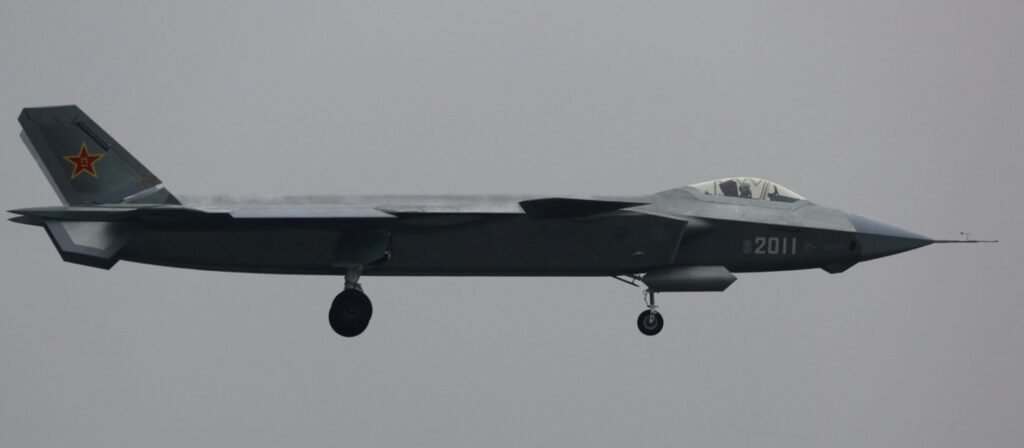China stole US military data to develop a fifth-generation stealth fighter that is similar to the U.S. F-22, further closing in a once virtually insurmountable gap between the two militaries in terms of technological capabilities, claim experts.
China managed to do so only due to continued intellectual property theft and could pose more challenges for the American military in future if necessary steps aren’t taken to safeguard weapon information, US defence experts claimed.
In an interview with Fox News, former Acting Under Secretary of Defence for Policy James Anderson said, “They have profited greatly from their thievery over the years. They’ve put it to good use, and they’ve come up with an advanced fifth-generation fighter.”
Anderson explained how Beijing has been using espionage techniques, including bribery, to US contractors and government officials in more advanced cyber activity to obtain key data.
He claimed that such techniques have saved the Chinese both time and money. “Ultimately, this puts our men and women at greater risk on the battlefield.”
According to Fox News, the differences between the two militaries have somehow closed due to intellectual theft.
The Asian country began developing fighter jets back in 2008 that could compete with the US. The J-20 first took flight in 2011, with its introduction to the service in the year 2017.
Many reports back in 2015 began noticing similarities between the technology and capabilities of the Chinese and US fighter jets.
News agency AP reported that some reports even stated that the technologies turned out to have come from the US itself.
China has now developed a fifth-generation stealth fighter that is similar to the U.S. F-22, further closing in a once virtually insurmountable gap between the two militaries in terms of technological capabilities, and experts claim the country managed to do so only due to continued intellectual property theft.
The rising military tensions between the US and China are receiving renewed focus after officials continue to discuss a possible invasion of Taiwan by Beijing.
A senior fellow for the Institute for the Study of War’s China programme, Matt McInnis, highlighted China’s focus to make jet engine technology after struggling for decades to keep up with the US and western countries.
Mclnnis joking about China’s capabilities said, “That’s always the joke … will the Chinese ever be able to produce their own jet engine?” According to him, the drive to understand the sophisticated jet engines of the US has always remained significant for Chinese spies.
He even pointed to the case of Yanju Xu in 2022, where the Chinese spy was convicted of stealing trade and engine secrets from multiple US aviation, and aerospace companies.


